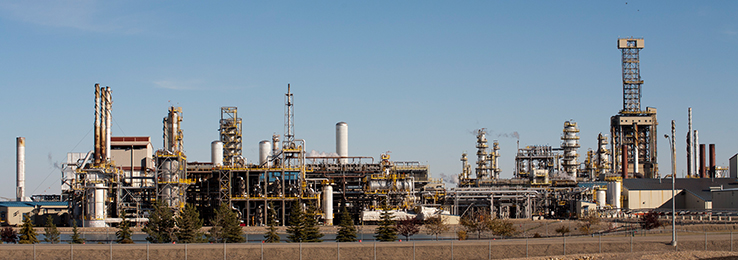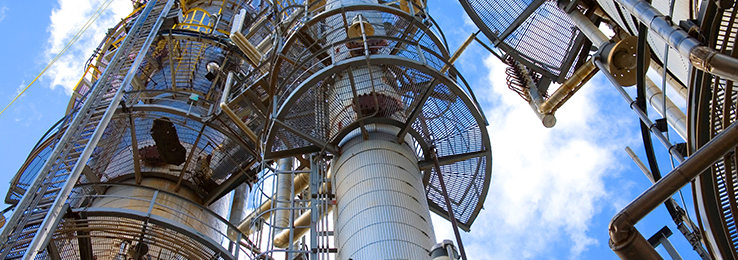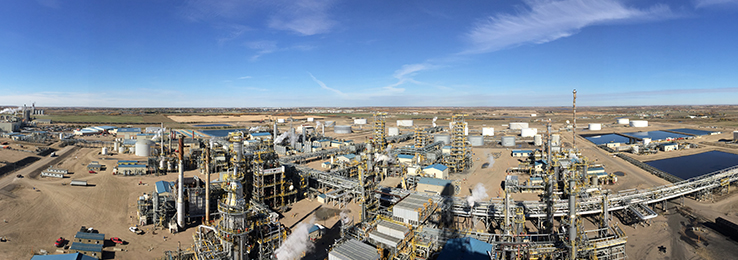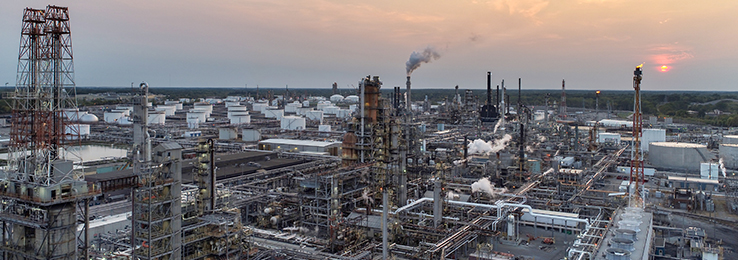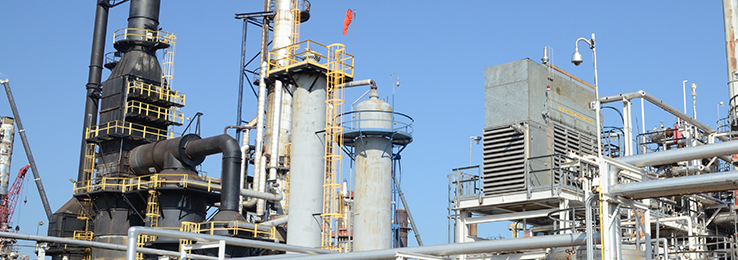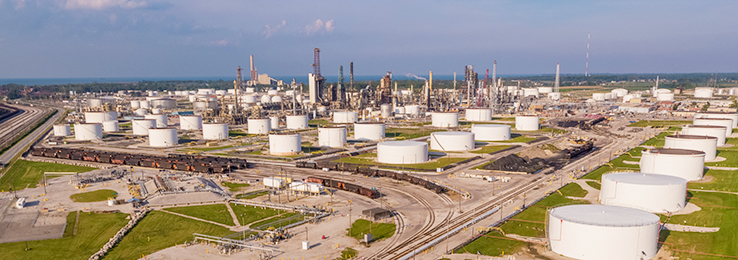Our upgrading and refining operations
Our upgrader and refineries, along with our Upstream production, help reduce the impact of price fluctuations in the oil market to Cenovus by allowing us to capture value from the very beginning with the production of oil through to the end with the creation of a wide range of finished products. This allows us to be a fully-integrated producer of higher value finished products and helps to reduce our risk and lessen the volatility in our business.
Operations at Cenovus
Learn more about Cenovus assets in Canada, the United States and the Asia Pacific region.

